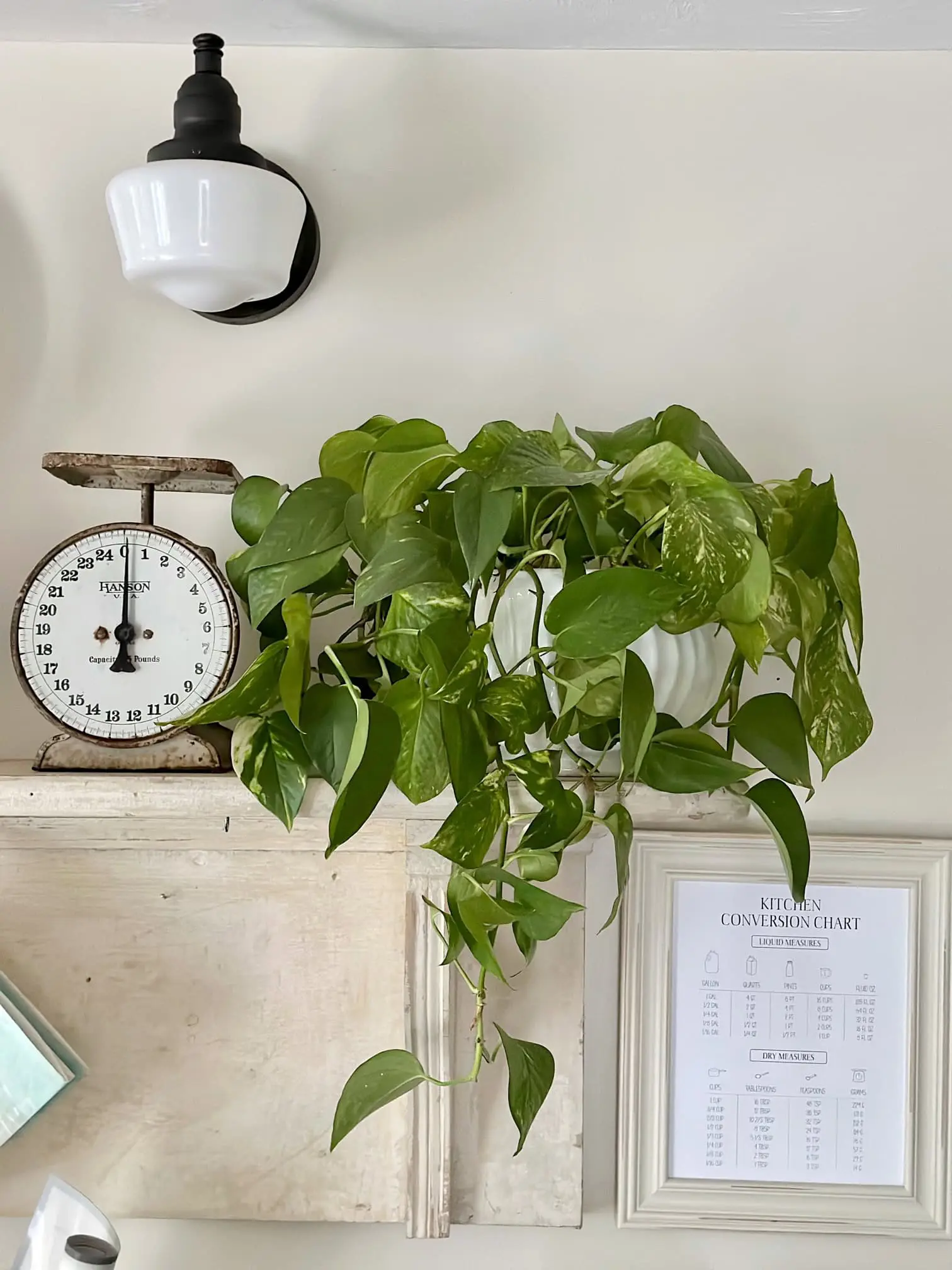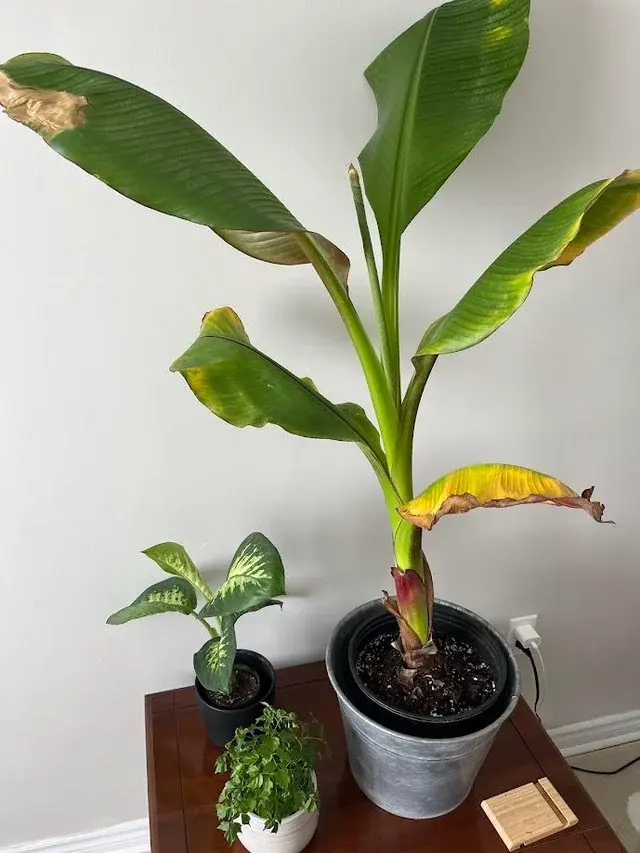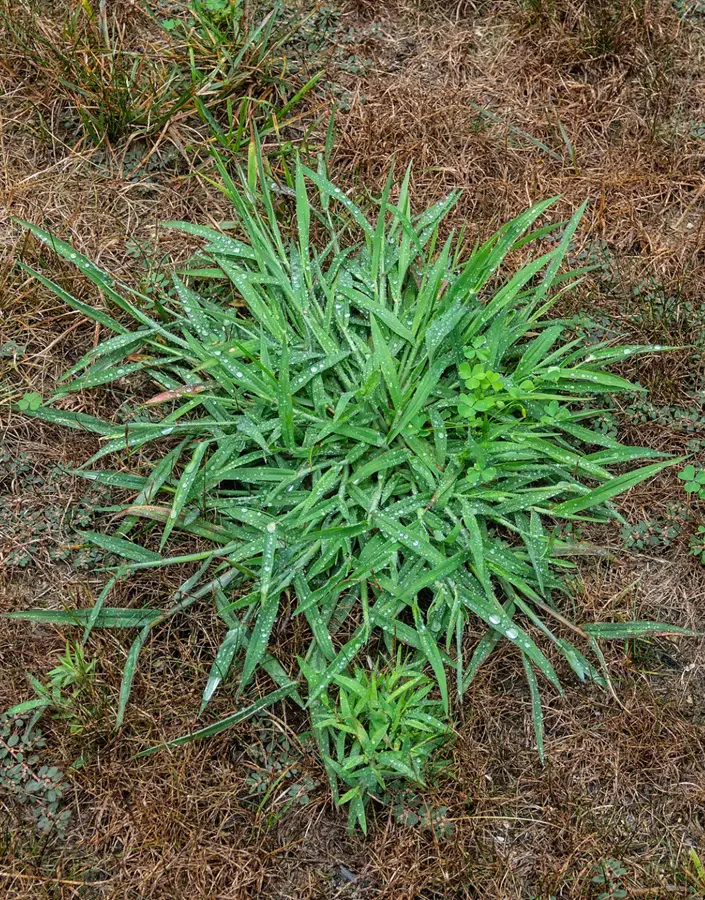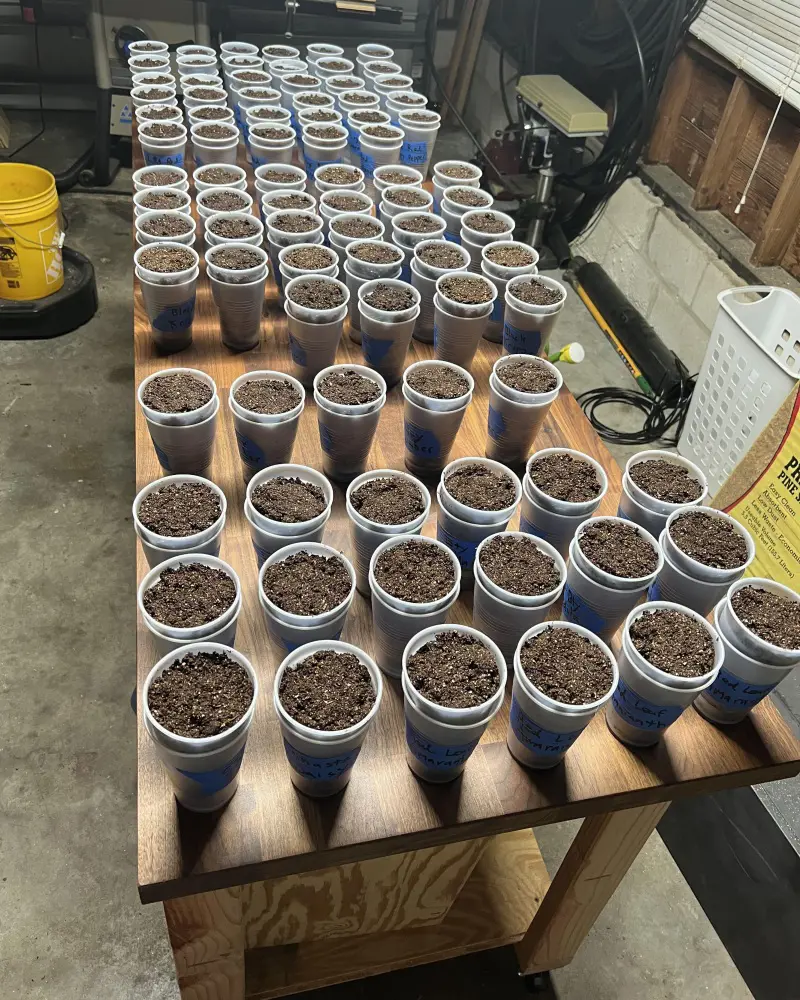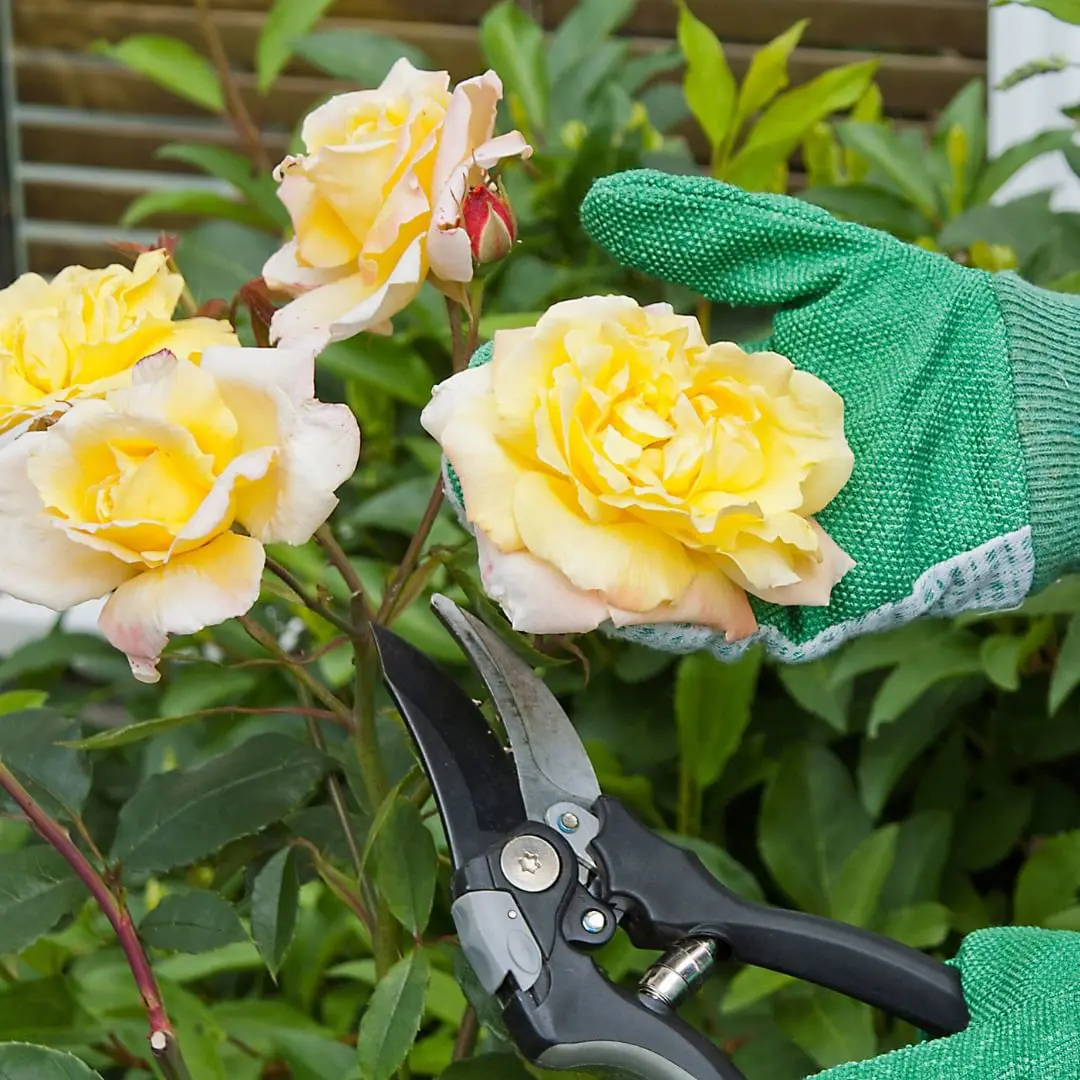23 Mosquito Repellent Plants You Should Have in Your Garden
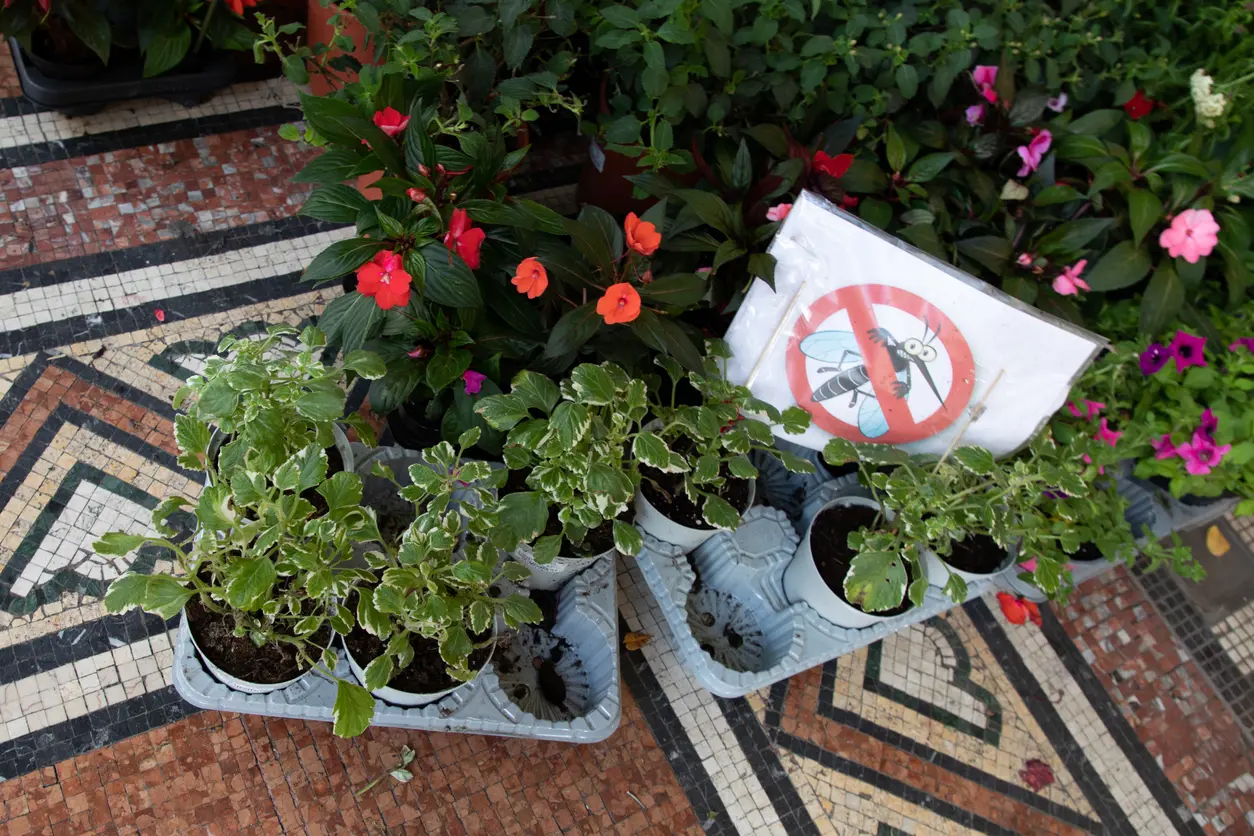
Nothing kills a summer vibe quite as quickly as the high-pitched whine of a mosquito blazing past your ear or the itchy welt it leaves behind. If you've ever made a mad dash indoors, swatting the air around your head, you're in good company.
The good news? Mother Nature has armed us with a fragrant, vibrant, and chemical-free defense: natural mosquito-repellent plants. Leafy herbs, bold blooms, citrus-scented shrubs—there are plenty of plants that keep mosquitoes away, keeping your backyard blissfully bug-free.
Not sure what to plant to choose to repel mosquitoes? Here are 23 tried-and-true options that work for gardens, pots, and even windowsills.
Herbs
1. Citronella Grass (Cymbopogon nardus)
This tall, clumping grass is one of the most well-known natural mosquito repellents. It has a strong, lovely, lemony scent courtesy of citronellal, a compound that masks attractants that draw mosquitoes. [1] Eun Jo Du, Tae Jung Ahn, Min Sung Choi, Ilmin Kwon, Hyung-Wook Kim, Jae Young Kwon, KyeongJin Kang The Mosquito Repellent Citronellal Directly Potentiates Drosophila TRPA1, Facilitating Feeding Suppression 2015
- Description: Tall, clumping grass with a fresh lemon scent.
- Why it Works: Contains citronellal, a compound that masks mosquito attractants.
- Growing Tips: Thrives in warm climates (USDA zones 10 to 12), full sun, and well-draining soil. Not frost-tolerant; grow in containers and overwinter indoors if needed.
- Bonus: Often used in essential oils and candles.
2. Basil (Ocimum basilicum)
Basil isn't only for pesto. It's also a mosquito's worst nightmare. While you're enjoying its fragrant leaves in your pasta, mosquitoes are steering clear thanks to its potent oils.
- Description: Bright green herb with a pungent aroma.
- Why it Works: Emits volatile oils, such as eugenol, that deter mosquitoes.
- Growing Tips: Full sun, moist soil. Ideal for containers and kitchen gardens.
- Bonus: Culinary staple for salads, sauces, and pesto.
3. Lavender (Lavandula spp.)
Lavender, with its pretty purple flowers and soothing scent, is another of the best herbs for mosquito control you can add to your home or garden. Its calming scent contains linalool, a compound that confuses mosquito receptors. [2] Günter C Müller, Amy Junnila, Jerry Butler, Vassiliy D Kravchenko, Edita E Revay, Robert W Weiss, Yosef Schlein Efficacy of the botanical repellents geraniol, linalool, and citronella against mosquitoes 2009
- Description: Woody shrub with fragrant purple flowers.
- Why it Works: High in linalool, which disrupts mosquito olfactory sensors.
- Growing Tips: Needs full sun and well-draining soil. Drought-tolerant once established.
- Bonus: Attracts pollinators and aids in relaxation.
4. Rosemary (Rosmarinus officinalis)
This aromatic herb is a natural insect deterrent, thanks to its high content of camphor and cineole. It pulls double duty in your garden, keeping mosquitoes away while making your grilled veggies taste like summer itself.
- Description: Evergreen herb with needle-like leaves and blue flowers.
- Why it Works: Contains camphor and cineole, which are natural insect deterrents.
- Growing Tips: Prefers full sun and sandy soil. Great in containers or garden beds.
- Bonus: Popular in culinary and aromatic uses.
5. Mint (Mentha spp.)
Mint's characteristic refreshing scent comes from menthol and limonene, both known to repel mosquitoes. Once planted, it spreads quickly, making it a great ground cover. If you'd rather it didn't spread everywhere, plant it in its own container.
- Description: Fast-spreading herb with a refreshing scent.
- Why it Works: Menthol and limonene repel mosquitoes.
- Growing Tips: Best in containers (it spreads aggressively), part sun to full sun.
- Bonus: Refreshing for teas and desserts.
6. Lemon Balm (Melissa officinalis)
A cousin of mint, lemon balm shares its family's refreshing scent—this time with a citrusy twist—and its tendency to spread enthusiastically if left unchecked. It, too, is highly effective against biting insects due to its high levels of citronellal and geraniol.
- Description: Lemon-scented herb with crinkled green leaves.
- Why it Works: Contains citronellal and geraniol.
- Growing Tips: Partial shade to full sun. Container-friendly.
- Bonus: Soothing in teas and skincare.
7. Catnip (Nepeta cataria)
Believe it or not, the same plant that sends cats into a frenzy is also a potent mosquito repellent. Nepetalactone, the bug-repelling chemical compound in catnip, has been shown to rival DEET in lab studies, coming in at about 10 times more effective than DEET. [3] American Chemical Society Catnip Repels Mosquitoes More Effectively Than DEET
- Description: Grey-green foliage with purple flowers.
- Why it Works: Nepetalactone is up to 10 times more effective than DEET in lab studies.
- Growing Tips: Easy to grow in full sun, well-drained soil. Can become invasive.
- Bonus: Cats love it (so plant away from your veggie garden).
Flowering Plants
8. Marigold (Tagetes spp.)
Marigolds are more than a sunny addition to your garden. Their bold blooms and earthy scent make mosquitoes think twice. They're tough, cheerful, and a natural pest repellent wrapped in petals.
- Description: Bright orange/yellow flowers with a musky scent.
- Why it Works: Contains pyrethrum, a common ingredient in insect repellents.
- Growing Tips: Full sun, tolerates various soil types (USDA zones 2 to 11, depending on variety).
- Bonus: Also repels aphids and nematodes.
9. Bee Balm (Monarda spp.)
Bee balm is a showstopper with a purpose. While its firework-like blooms charm pollinators, its essential oils keep mosquitoes at bay.
- Description: Vibrant pink/red blooms pollinators love.
- Why it Works: Emits thymol and geraniol.
- Growing Tips: Full sun, moist soil. Hardy in USDA zones 3 to 9.
- Bonus: Great for creating tea blends and attracting hummingbirds.
10. Ageratum (Ageratum houstonianum)
Ageratum adds whimsy with its fuzzy blue flowers and, better yet, gives mosquitoes a reason to stay away. Its coumarin-rich scent does the heavy lifting behind the charm.
- Description: Small clusters of blue or purple flowers.
- Why it Works: Produces coumarin, a mosquito deterrent.
- Growing Tips: Full sun to part shade, well-draining soil. Annual in most zones.
- Bonus: Easy to grow from seed.
11. Floss Flower (Ageratum spp.)
This low-maintenance flower adds a splash of color to your home or garden while doubling as a natural repellent. Like other Ageratum species, it contains lots of coumarin, which effectively wards off mosquitoes.
- Description: Fluffy, colorful flowers in blue/purple.
- Why it Works: High in coumarin.
- Growing Tips: Great in borders or containers. Prefers full sun.
- Bonus: Deters deer.
Shrubs, Trees, & Grasses
12. Lantana (Lantana camara)
Lantana's electric blooms bring a pop of the tropics to your garden, but their scent sends mosquitoes packing. It's beautiful, with a bold, bug-repelling twist.
- Description: Colorful clusters of flowers on woody stems.
- Why it Works: Strong aroma confuses mosquitoes.
- Growing Tips: Full sun, well-draining soil. Heat-tolerant (USDA zones 8 to 11).
- Bonus: Butterflies love it; deer do not.
13. Lemongrass (Cymbopogon citratus)
Closely related to citronella grass, lemongrass is another citrus-scented plant that mosquitoes dislike. Its leaves and stems contain citronella, effectively deterring certain biting insects.
- Description: Tall, strappy grass with a lemony scent.
- Why it Works: Source of citronella oil.
- Growing Tips: Full sun, warm zones (USDA zones 9 to 11) or containers.
- Bonus: Great in Thai cooking.
14. Eucalyptus (Eucalyptus spp.)
Eucalyptus trees have a menthol-like fragrance called cineole or eucalyptol. [4] J A Klocke, M V Darlington, M F Balandrin 1,8-Cineole (Eucalyptol), a mosquito feeding and ovipositional repellent from volatile oil ofHemizonia fitchii (Asteraceae) 1987 This oil comes from their leaves, and it's a common ingredient in natural insect repellents.
- Description: Aromatic tree with silvery-green leaves.
- Why it Works: Cineole (eucalyptol) repels insects.
- Growing Tips: Needs space and sun. Some varieties are suitable for pots (USDA zones 8 to 11).
- Bonus: Aromatic oils have respiratory benefits.
15. Bay Laurel (Laurus nobilis)
Bay laurel adds glossy green foliage to your garden and some serious mosquito-fighting power to your patio. While its essential oils bring a tasty flavor to stews and soups, they also do a good job keeping pests at bay.
- Description: Evergreen shrub with glossy leaves.
- Why it Works: Essential oils discourage mosquitoes.
- Growing Tips: Container-friendly. Bring indoors in winter. USDA zones 8 to 10.
- Bonus: Culinary herb for stews and soups.
Scented & Ornamental Plants
16. Scented Geranium (Pelargonium graveolens)
Nicknamed the "mosquito plant," this scented geranium earns its reputation with a sharp, citrusy aroma that bugs can't stand. Its delicate, frilly leaves are just a bonus.
- Description: Lacy foliage with a rosy lemon scent.
- Why it Works: Rich in citronellol and geraniol.
- Growing Tips: Full sun, protect from frost. Ideal for pots.
- Bonus: Lovely in patio planters.
17. Tansy (Tanacetum vulgare)
Tansy might look quaint, but it packs a punch. Its button-bright blooms and sharp scent, provided by thujone and camphor, help fend off mosquitoes and other garden pests.
- Description: Fern-like foliage and yellow button flowers.
- Why it Works: Contains thujone and camphor.
- Growing Tips: Hardy perennial, full sun (USDA zones 3 to 9).
- Bonus: Also repels ants and flies.
18. Pennyroyal (Mentha pulegium)
Pennyroyal might be small, but it's got a big personality and a scent that drives mosquitoes away. As a mint family member, it spreads easily and delivers potent oils that pests can't stand.
- Description: Low-growing with purple flowers.
- Why it Works: Emits powerful volatile oils.
- Growing Tips: Moist soil, partial shade. Hardy in USDA zones 6 to 9.
- Bonus: Ground cover in herb gardens.
19. Wormwood (Artemisia absinthium)
Silver-toned and steeped in folklore, wormwood adds intrigue to the garden and keeps insects on their toes. Its bitter scent makes it one ornamental that mosquitoes would rather avoid.
- Description: Silvery foliage with a bitter scent.
- Why it Works: Aromatic compounds deter pests.
- Growing Tips: Dry soil, full sun. USDA zones 4 to 9.
- Bonus: Historically used in herbal medicine.
Fruiting & Culinary Plants
20. Lemon Thyme (Thymus x citriodorus)
Tiny but mighty, lemon thyme packs a zesty punch that mosquitoes find overwhelming. It's a sun-loving herb that brings both flavor and function to your garden.
- Description: Low-growing with a citrus scent.
- Why it Works: Contains thymol and limonene.
- Growing Tips: Full sun, rock gardens, or pots. USDA zones 5 to 9.
- Bonus: Edible and ornamental.
21. Garlic (Allium sativum)
Garlic doesn't just spice up your cooking. It also sends mosquitoes packing. Its strong sulfurous scent lingers in the air and repels pests naturally.
- Description: Pungent bulbs with tall green stalks.
- Why it Works: Sulfur compounds such as allicin repel mosquitoes.
- Growing Tips: Full sun, fertile soil. Plant in fall. USDA zones 3 to 8.
- Bonus: Antibacterial and antiviral properties.
Specialty Plants
22. Clove Tree (Syzygium aromaticum)
Clove trees bring spice and strength to any tropical garden. Their buds are culinary gold, and their oils? Mosquito kryptonite.
- Description: Evergreen with aromatic flower buds.
- Why it Works: Clove oil (eugenol) is a strong repellent.
- Growing Tips: Tropical climate or greenhouse (USDA zones 10 to 11).
- Bonus: Source of dried cloves.
23. Sweet Woodruff (Galium odoratum)
Sweet woodruff is as charming as it is useful. Its sweet scent perfumes shady corners while sending mosquitoes elsewhere.
- Description: Ground cover with whorled leaves and white flowers.
- Why it Works: Contains coumarin.
- Growing Tips: Moist shade, woodland gardens. USDA zones 4 to 8.
- Bonus: Natural air freshener and moth repellent.
Creating Your Mosquito-Repelling Garden
Building a mosquito-repelling garden doesn't necessarily mean tossing in a single deterring plant. Use these mosquito-repelling garden ideas, mixing and matching these plants in beds, borders, or even pots to create your own buzz-free zone. Plant them near doorways, patios, or lounge spots, and let their scents do the heavy lifting.
Pro Tip: Pair fast-growing herbs like mint with steady growers like rosemary or lavender for a low-effort, long-lasting combo.
The result? A garden that smells great, looks even better, and keeps those tiny bloodsuckers away.
-
The Mosquito Repellent Citronellal Directly Potentiates Drosophila TRPA1, Facilitating Feeding Suppression; Eun Jo Du, Tae Jung Ahn, Min Sung Choi, Ilmin Kwon, Hyung-Wook Kim, Jae Young Kwon, KyeongJin Kang; ( 2015 )
https://pmc.ncbi.nlm.nih.gov/articles/PMC4625073/ -
Efficacy of the botanical repellents geraniol, linalool, and citronella against mosquitoes; Günter C Müller, Amy Junnila, Jerry Butler, Vassiliy D Kravchenko, Edita E Revay, Robert W Weiss, Yosef Schlein; ( 2009 )
https://pubmed.ncbi.nlm.nih.gov/20836800/ -
Catnip Repels Mosquitoes More Effectively Than DEET; American Chemical Society;
https://www.sciencedaily.com/releases/2001/08/010828075659.htm -
1,8-Cineole (Eucalyptol), a mosquito feeding and ovipositional repellent from volatile oil ofHemizonia fitchii (Asteraceae); J A Klocke, M V Darlington, M F Balandrin; ( 1987 )
https://pubmed.ncbi.nlm.nih.gov/24301652/


